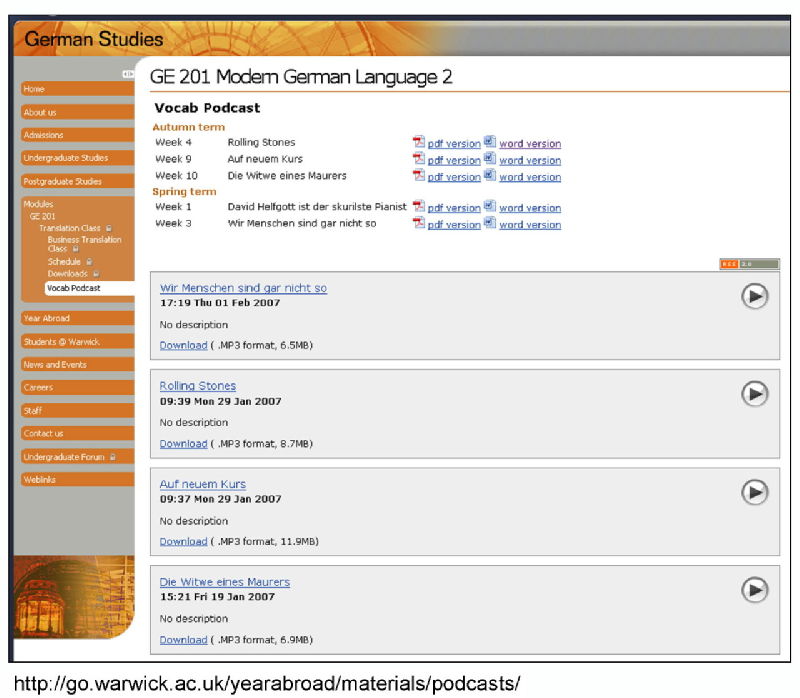All entries for Wednesday 07 February 2007
February 07, 2007
How essential is files.warwick? Completely
Yesterday I stupidly tried to send a large attachment to a colleague at Cambridge. The mail server at Cambridge bounced it back to me with a message stating that my attachment was too big.
Solution: files.warwick – this is the new Warwick system that allows staff to exchange large files over the web. Upload a file, specify a list of email addresses, and it sends download links to those addresses.
The lesson: attachment size limits are now standard at all of the best institutions. My friends at Oxford agree.
Some limits from around the UK:
Bristol 10mb
Cambridge 10mb
Oxford Brookes 10mb
Oxford 10mb
Leicester 10mb (although a 7mb message from Outlook gets rejected, and they recommend a 1mb limit)
York 15mb
Imperial limit is 25mb, but they state that anything over 10mb must use their file exchange system (something like files.warwick)
GMail 10mb
Yahoo 10mb
That pretty much exhausts the list of people in the UK that I could conceivably want to send emails to. So it looks like I have to use files.warwick with these people anyway.
Showcase: Podcast audio with Sitebuilder 2
Here is a screenshot from one of the examples used. It shows a series of podcasts that support vocab learning in German Studies:

Here is the text of the poster:
Why podcast? – It’s a flashy name for a simple technique. Record audio into an MP3 recorder (a kind of digital equivalent of a dictaphone), upload it to the web, allow other people to play the audio either in your web page, or downloaded onto their MP3 player (e.g. iPod).
Very little or no editing is required.
The MP3 recorder automatically creates the audio files (PC, Mac, Linux).
Both Sitebuilder 2 and Warwick Blogs include podcast players that do the rest of the work for you.
Why podcast? – There are many good reasons to record and share audio, both in “traditional” courses and “distance online” courses. For example:
- Record a brief introduction or summary to a lecture;
- Record a seminar or a presentation to use in formative or summative assessment;
- Present interviews with experts and academics;
- Create an archive of your lectures, so that you can re-use them in the future.
Get your students podcasting: Students can learn a lot from producing their own audio productions. For example, get your students to interview an expert on some topic. This will improve their questioning and investigation skills, along with IT and communications skills.
 Robert O'Toole
Robert O'Toole

 Please wait - comments are loading
Please wait - comments are loading